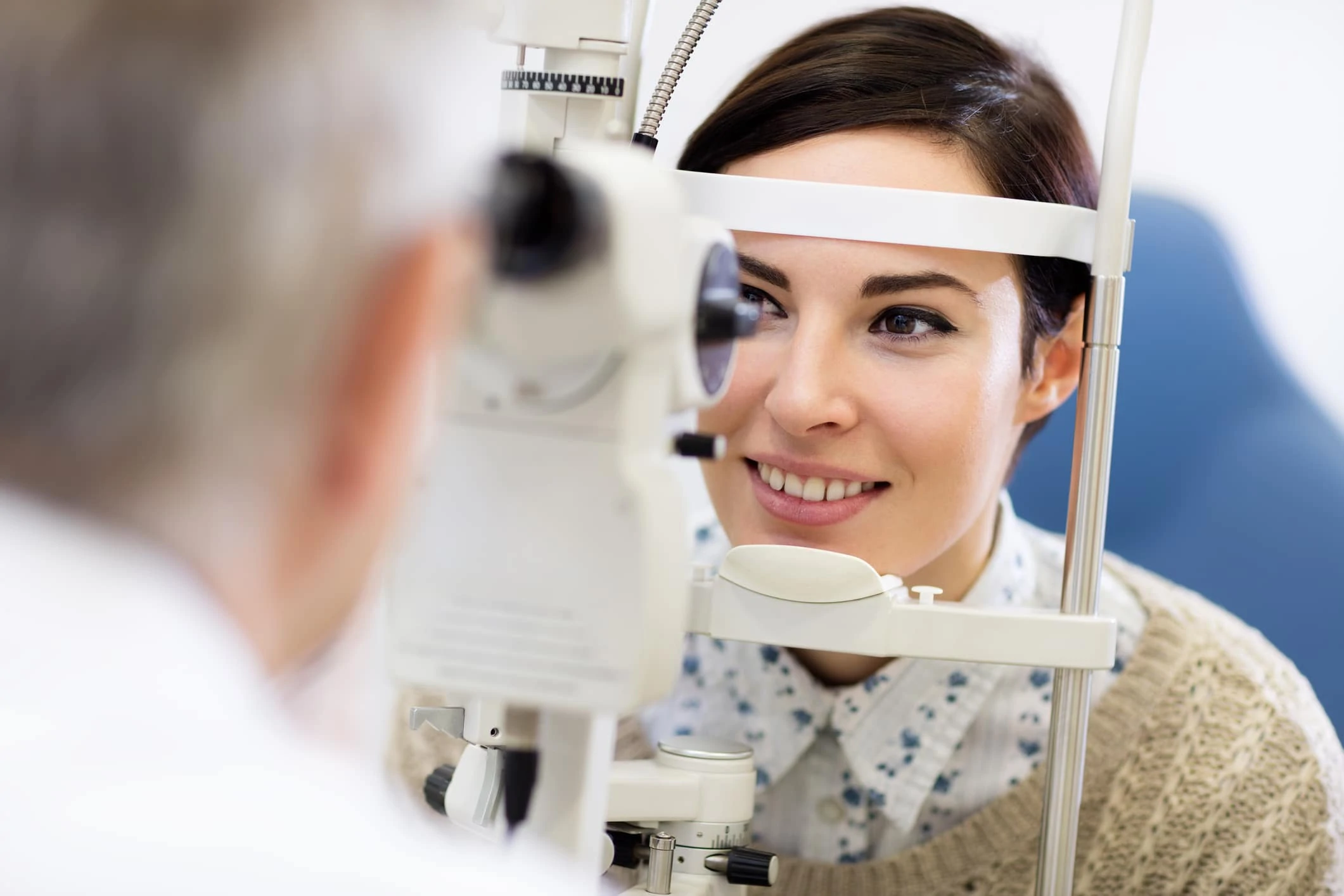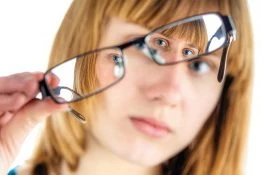LASIK Myth: No More Eye Exams after LASIK

You’ve taken the positive step of improving your quality of life with a better vision. Having a laser vision correction procedure like LASIK can correct your prescription for nearsightedness, farsightedness, and astigmatism, reducing and very commonly eliminating your need for glasses or contacts. It’s a fantastic option to see better and live life a little easier, fuller, and freer. You are probably curious that since your vision is now improved – will you still need eye exams after LASIK or other vision correction procedures?
You may be thinking that since you have better vision with LASIK, one of the ways you will be living your best life is by skipping those annual eye exams.
And that’s where you are wrong.
Do I still need an eye exam after LASIK?
Having a regular eye exam after LASIK is important. Just because you’ve corrected your vision, doesn’t mean you no longer have to take care of your eyes. Like the rest of your body, your eyes are part of your overall health and there can be issues beyond what you had LASIK for that need to be evaluated on a regular basis by a doctor. Not only do you want your eyes themselves to stay healthy, but your eyes can also be an indicator of other conditions and concerns.
Why are eye exams important?
Did you know some of the first signs of diseases such as thyroid disease, high blood pressure, auto-immune conditions, and diabetes show up in an eye exam? Reason enough to make sure you call to make that appointment.
What are common eye conditions after vision correction procedures?
There are also several common eye conditions – unrelated to your vision correction procedure – that you should be screened and evaluated for by your ophthalmologist at your annual eye exam. These include:
- Glaucoma: While there are several factors associated with it, glaucoma damages the optic nerve which can lead to loss of vision and even blindness. Early detection – during an annual eye exam – is essential as treatment can help manage the disease and prevent significant vision loss. However, there is no cure and any vision loss due to glaucoma cannot be restored. Anyone can develop glaucoma, particularly those with a family history but the good news is there are very effective treatments today.
- Cataract: The clouding of the lens of the eye is part of the natural aging process. Several factors can contribute to cataracts forming, in addition to age, including: smoking, diabetes, long term exposure to UV (sun) slight and medications such as corticosteroids. Cataracts are generally thought to be a sign of old age, but in fact people can develop cataracts in their 40s and 50s. Cataract development is often monitored over time and treated with surgery once the visual impairment can no longer tolerated.
- Other age-related eye conditions: As part of your annual eye exam, your eye doctor screens for macular degeneration, the deterioration of the center of the retina causing loss of vision in the center of your vision that spreads over time. Routinely done after dilating your eyes, your eye doctor checks the overall health of the retina and may also choose to use more advanced imaging technology to scan the retina for a more detailed evaluation. The risk for macular degeneration increases with time – typically after the age of 55 – and early detection is essential for preserving vision as long as possible. Also during your eye exam, your doctor takes your refractive measurements to check on your need for vision correction. Everyone after the age of 45 begins to lose sharp focus in their near vision – called presbyopia – and reading glasses may be prescribed.
- Floaters: Most people have these tiny, dark specks, strands or squiggles floating around in their field of vision. These flecks are usually caused by a thickening of the vitreous fluid in the eye that cast shadows onto the retina (the organ that gives you sight) and its part of the natural aging process. People who are (or were) very nearsighted, have diabetes or have had cataract surgery have a higher chance of floaters. Most people with floaters learn to ignore them, but there are treatment options if they significantly impact vision. However, sometimes floaters can be an indication of something more serious such as a retinal detachment (see below).
- Posterior Vitreous Detachment: This is a common condition that is associated with the natural aging process. Most people over the age of 50, or who are (or were) significantly nearsighted, are affected. The inside of the eye is filled with vitreous -a thick fluid that fills the eye, maintaining its round shape. The vitreous has millions of fibers running through it that are attached to the retina at the back of the eye. Over time, the vitreous shrinks and the fibers pull away from the retina and eventually break, causing the vitreous to pull away from the retina – causing floaters. This is known as a vitreous detachment, which isn’t typically sight-threatening and doesn’t require treatment.
- Retinal Detachment: A sudden increase in floaters, a loss of peripheral (side) vision and/or light flashes are all symptoms of a retinal detachment which is a serious and possibly sight threatening condition requiring emergency treatment. When any part of the retina, the light-sensitive tissue located at the back of the eye, pulls away from the back wall of the eye. Those with high or degenerative nearsightedness are at risk, as are those with a family or health history of retinal detachment. Cataract surgery, eye injury and certain other eye diseases and disorders are associated with retinal detachment. If you suspect you have a retinal detachment you need to see your ophthalmologist immediately. Retinal detachments can be successfully treated.
While having laser vision correction can free you from the day-to-day need to wear glasses or contacts in order to see well, your vision correction is only one part of healthy vision. So now you know there are many important reasons to make – and keep – that annual eye exam with your ophthalmologist after having LASIK and completing your LASIK recovery.




